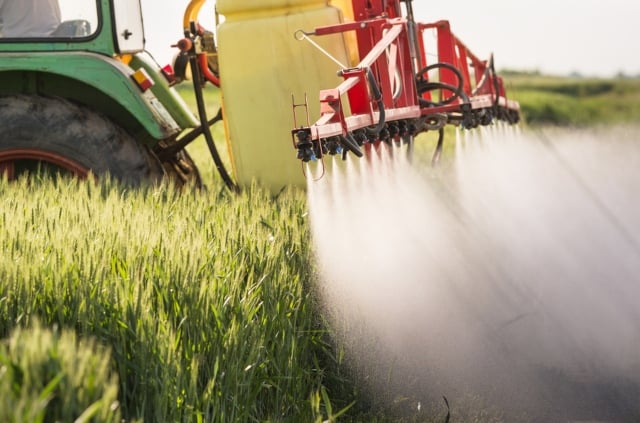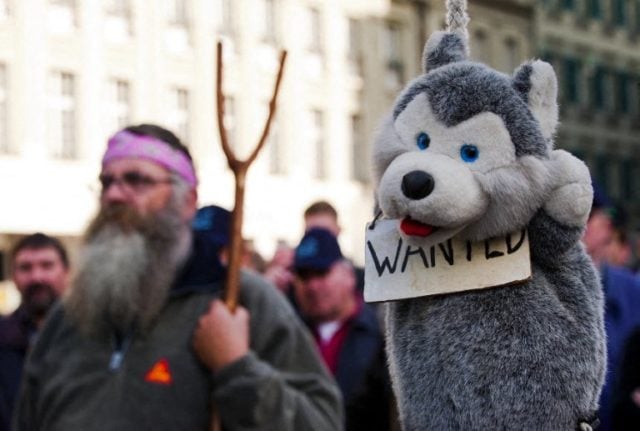The study (here in German) by the Swiss Association of Cantonal Chemists (SACC) saw researchers examine 296 drinking water samples from around the country for the presence of pesticides.
The samples covered 73 percent of the population. A total of 12 contained higher than permitted levels of pesticide breakdown products. In some cases, levels were 10 times above those permitted levels.
Around 2.7 percent of the population were affected.
In most cases, the problem substance was a breakdown product of the fungicide Chlorothalonil.
While the SACC report does not state where there the 12 tests were taken, it does reveal that most were from agricultural areas.
Swiss farmers use some 30 tonnes of Chlorothalonil each year.
However, the European Food Safety Authority in April said it would ban the substance after investigations revealed it could not be ruled out as a carcinogenic.
The substance is still used in Switzerland, but in August the Swiss government said it wanted a ban put in place.
Swiss waterworks affected by the problem of elevated pesticide levels have been aware of the problem for several weeks. Steps are already been taken including mixing different water sources to dilute pesticide levels and using filters, according to the SACC.



 Please whitelist us to continue reading.
Please whitelist us to continue reading.
Member comments